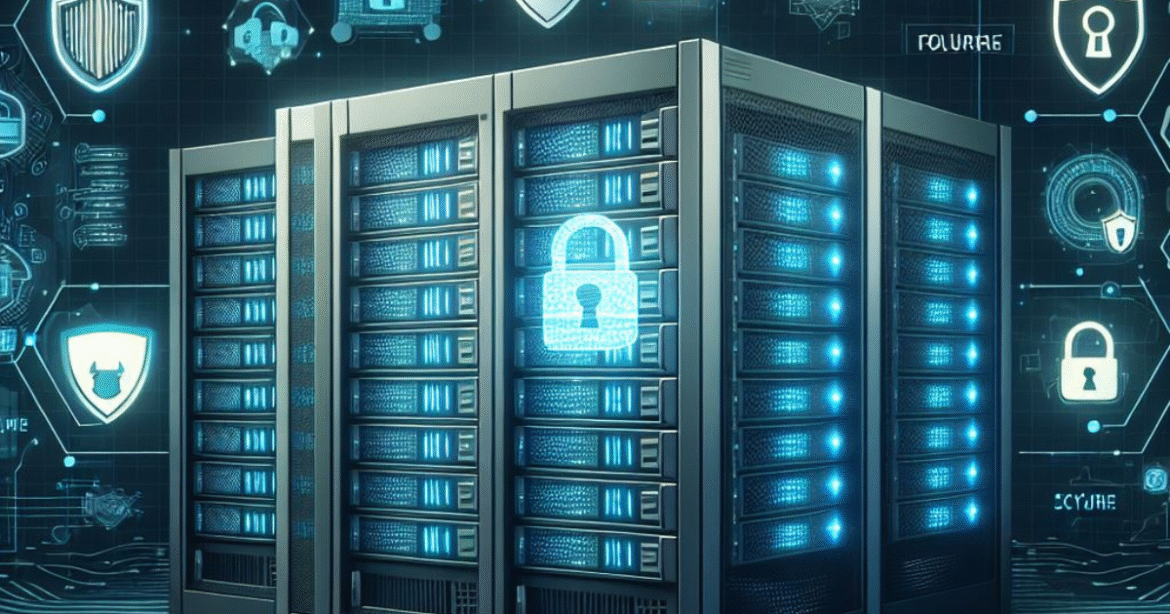In today’s digital world, your website is more than just a digital storefront—it’s your brand, your business, and often your livelihood. But just like a physical store needs locks and alarms, your website needs protection too. That’s where web hosting security comes in.
Whether you’re running a personal blog, an e-commerce store, or a corporate site, understanding web hosting security is essential. This blog will walk you through what it is, why it matters, and how you can ensure your hosting provider is keeping your site safe.
What Is Web Hosting Security?
Web hosting security refers to the measures and protocols a hosting provider uses to protect your website and its data from cyber threats. These threats include:
- Malware and viruses
- DDoS (Distributed Denial of Service) attacks
- Data breaches
- Unauthorized access
- Phishing and spam attacks
A secure web host acts like a digital bodyguard, constantly monitoring and defending your site from these dangers.
Why Should Customers Care?
Here’s why web hosting security should be a top priority for you:
- Protect Your Data
Your website may store sensitive customer information—names, emails, payment details. A breach
could lead to identity theft or financial loss. - Maintain Customer Trust
A hacked website can damage your reputation. Visitors may see warning messages or be redirected
to malicious sites, eroding trust instantly. - Avoid Downtime
Cyberattacks can take your site offline. Every minute of downtime can mean lost sales, missed
opportunities, and a hit to your SEO rankings. - Stay Compliant
If you handle customer data, you may be subject to regulations like GDPR or PCI-DSS. A secure host helps you stay compliant and avoid hefty fines.
Key Security Features to Look for in a Web Host
When choosing a hosting provider, make sure they offer these essential security features:
- SSL Certificates
Encrypts data between your website and visitors. Look for HTTPS in your URL. - Firewalls
Blocks unauthorized access and filters malicious traffic. - DDoS Protection
Prevents your site from being overwhelmed by traffic from malicious sources. - Regular Backups
Ensures your data can be restored in case of an attack or failure. - Malware Scanning & Removal
Detects and removes harmful code before it causes damage. - Secure Data Centers
Physical security is just as important—look for hosts with 24/7 surveillance and biometric access
controls. - Two-Factor Authentication (2FA)
Adds an extra layer of login security for your hosting account.
What Can You Do as a Customer?
Even with a secure host, you play a role in keeping your site safe:
- Use strong, unique passwords for all accounts.
- Keep your CMS, plugins, and themes updated.
- Install a web application firewall (WAF).
- Regularly back up your website.
- Monitor your site for unusual activity.
Recommended Hosting Providers with Strong Security
While I can’t endorse specific brands, look for providers that are known for:
- Transparent security policies
- 24/7 customer support
- Proactive threat monitoring
- Positive customer reviews regarding uptime and protection
Final Thoughts
Web hosting security isn’t just a technical detail—it’s a business necessity. As a customer, you deserve peace of mind knowing your website is protected from threats. By choosing a secure hosting provider and following best practices, you can safeguard your digital presence and focus on what matters most: growing your business.

